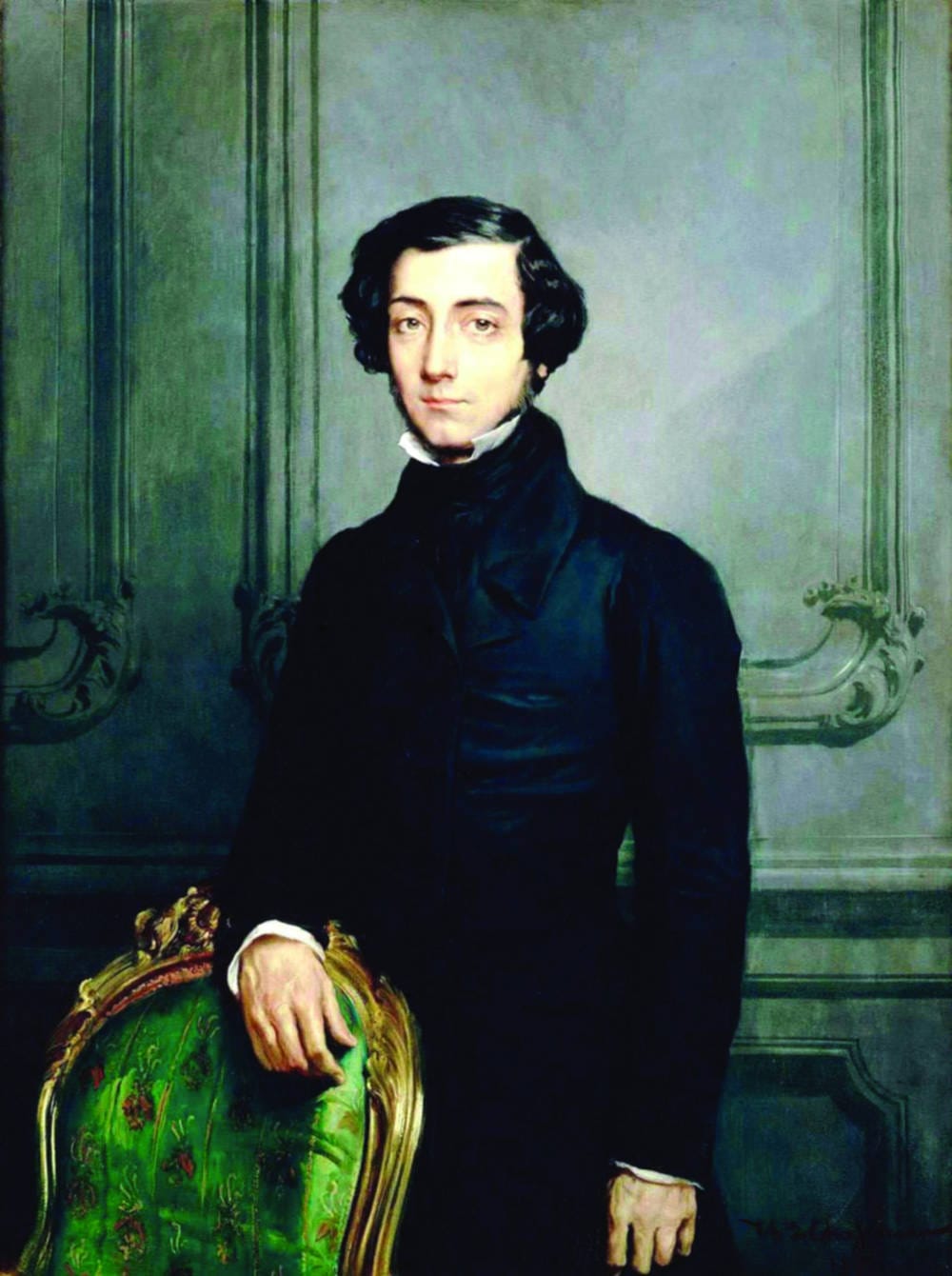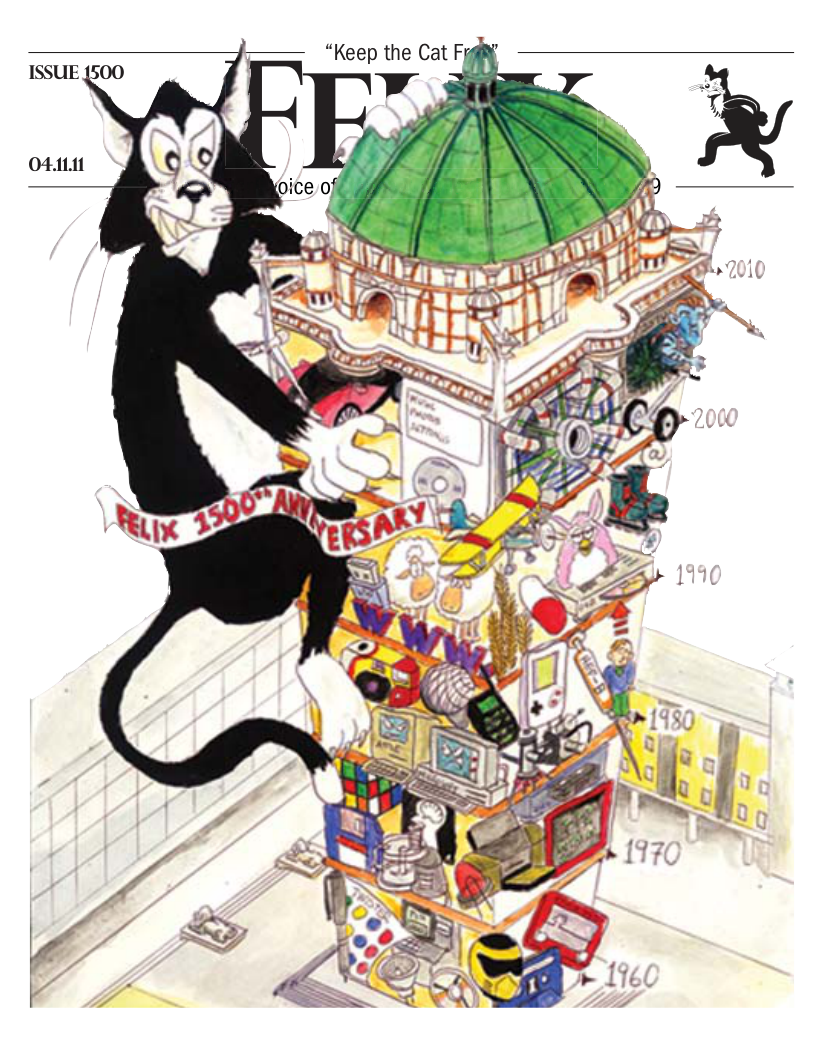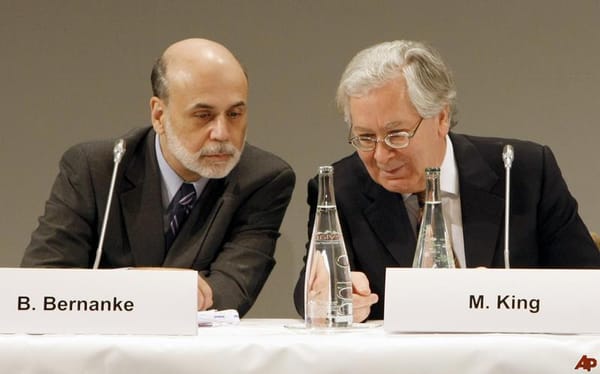Give me Liberty, or give me Death!
The French teach us lessons in democracy, according to Bernhardt Kreuzweg-Burgheim

DISCLAIMER: These opinions are ficticious and form part of a celebration of Felix's 1500th issue. Any resemblance to real opinions, living or dead, is purely coincidental.
When the US democracy was in its teens, a frenchman, Alexis de Tocqueville (1805-1859) visited the country. He had been commissioned by the July Monarchy to examine the prisons in the USA, but his real intentions were to study american society as an example of freedom, equality and democracy. He published his conclusions in one of the most brilliant essays ever written: “Democracy in America”.
Coming from an aristocratic and conservative background, Tocqueville’s family had suffered during the French Revolution, but rather than persist in his feudal attitudes as many of his fellow noblemen had done, Alexis had acknowledged the fading luck of aristocracy. In his magnum opus, Tocqueville argues that the democratisation of society was an inevitable process that had been going on for the last 700 years. However melancholic, he embraced the consequences of such a process, and took the USA as a case study of how democracy can work.
One of the features that struck him most was that of freedom and equality in America. Indeed, he devotes most of his book to explain and analyse the balance that exists between liberty and equality; between individuality and community. Isaiah Berlin (1909-1997) quite clearly explained this fact: equality and liberty are opposed ideals. The utopia in which both come true at the same time is an intellectual fallacy. For liberty is the unimpeded fulfilment of our true nature, and each of us being different in our abilities and aptitudes, it follows that upon letting us free some will prevail over others: the strong will overcome the weak; the cunning over idiots. But if equality is to be enforced, then our liberty will be constrained to ensure no one prevails.
Tocqueville acknowledged this conflict. He saw that equality “impels the weak to want to bring the strong down to their level, and reduces men to preferring equality in servitude to inequality in freedom.” These weaklings would lack of any incentive to progress, though. Tocqueville quite clearly saw that inequality was the incentive for the poor to become rich, and that full equality would lead to a Roman decadence and stagnation.
Indeed, the so-called equality that was practiced in the socialist countries during the 20th Century shows that individuals with no freedom to follow their whims, will simply become more and more reliant on what the state can provide, and less so on their own abilities. In no time, a dormant society will appear, one in which “it becomes difficult for citizens to defend their independence against the aggressions of power.” Equality leads to tyranny.









